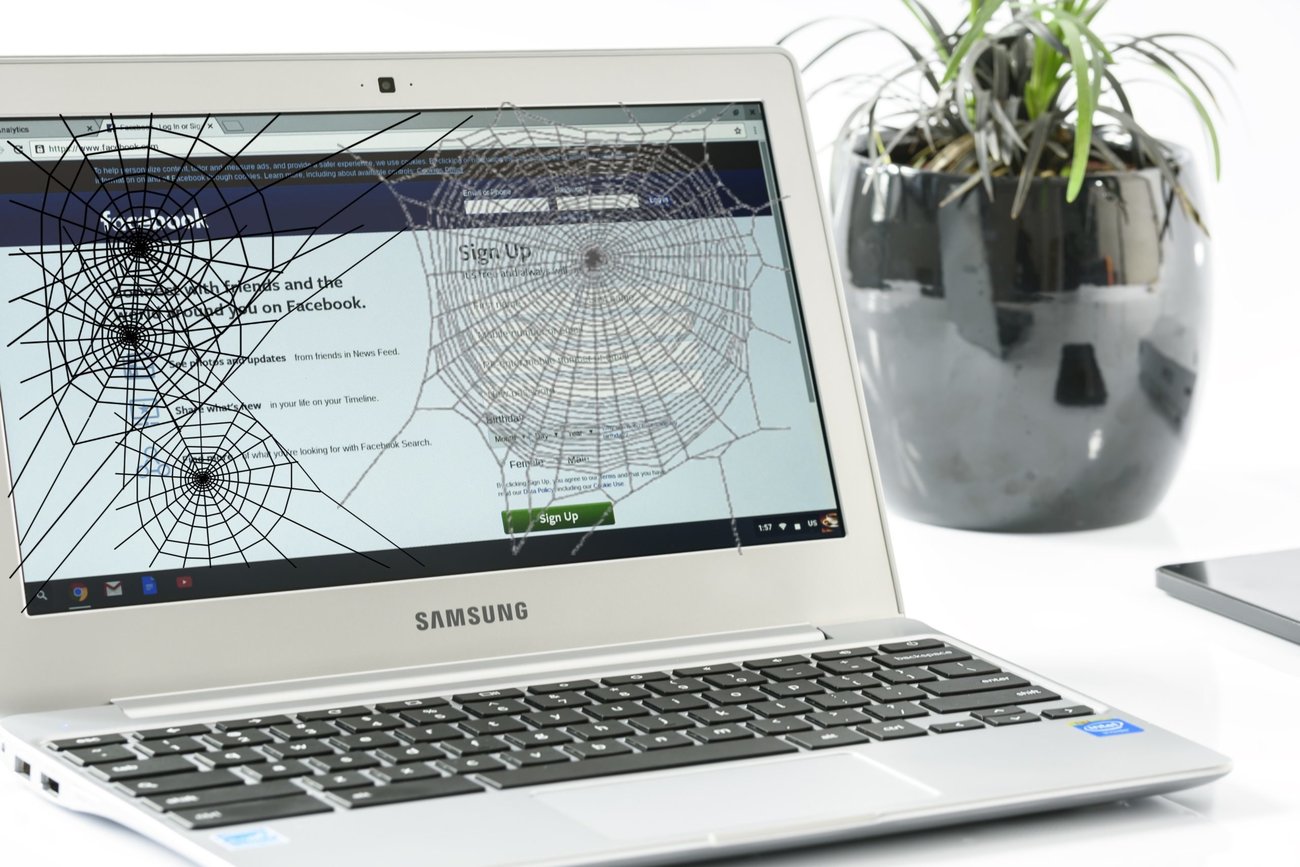Don’t delete Facebook because it sold your data, delete it because it’s a life-sucking bore

For a few years, I’d regarded Facebook with a vague dislike mixed with compulsive fascination. Mostly I used it as a liminal kind of experience, floating above other peoples’ lives in order to avoid thinking about my responsibilities in the real world. Not paying attention, but not doing anything else either – like an unpleasant version of meditation. Each scrolling session left me feeling glazed and robbed of time.
Despite all these wasted hours, I was still falling short of Facebook’s expectations. What it wanted was not copious scrolling, but for me to feed it content – images, posts, comments, likes and links. It could then take ownership of my content and use it to increase the engagement of all my ‘friends’, ultimately boosting its earnings.
I knew I wasn’t measuring up because Facebook told me so, directly and often. Most days, there were nudges from Facebook to send an ex or a frenemy a message (nope); post a life-revealing picture (no thanks); check in to a location (seems kind of desperate); or post an update commenting on what I was doing at that moment (eating peanut butter out of a jar I keep in my desk and summarising an annual report, hbu?).
Facebook had a lot of me, and it wanted more. I was continually prompted to fill in gaps in its ever-expanding profile of me, and I hated having to repeatedly comb over the privacy settings to make sure my page was sufficiently locked down.
There was also an aspect of Facebook losing its relevance to daily life. Perhaps it was my fault for failing to cull old connections and add new ones as life evolved and preferences changed, but it just doesn’t feel socially appropriate to invite fresh acquaintances to connect on Facebook anymore – that’s for close friends and family, and new ones of those are pretty hard to acquire as an adult.
Instead of the people I actually spent time with day-to-day, my news feed was full of dozens of people I used to know sharing social updates as they travelled down paths that had diverged from my own years or even decades earlier: pictures of their homes in cities I told myself I’d visit when they first moved there; banter with that partner of theirs that I never liked; snapshots of the puppy my ex adopted with somebody she met years after we broke up; the self-pitying rants of that person who was probably a flatmate once or possibly we met while travelling, who even knows anymore.
Perhaps in the days before Facebook, people lost contact with one another for a reason.
It’s pretty clear when Facebook lost its hold on me: I deliberately scaled back my usage a couple of years ago as part of a suite of lifestyle changes inspired by the minimalism movement.
Minimalism is all about critically examining the way you live, keeping what’s useful or beautiful, and throwing out everything else. Some of the more aesthetic bloggers can come across a little Goop-adjacent, but as an excuse to abandon a whole lot of bad habits at once, minimalism is hard to beat.
First, I pulled everything out of my wardrobe and sold all the things I didn’t wear at Tatty’s and Recycle Boutique; then I hit the pantry and developed a meal plan to eat up all the ingredients I forgot I owned. I donated boxes of stuff from the linen closet to The Aunties and took a trailer-load of renovation rubbish from the garage to the tip.
The end of Facebook came about after I moved on from literal to metaphysical decluttering. I replaced a volunteering role that had begun to feel like a chore with a more rewarding one; quietly handed out a few African Violets of Broken Friendship; then began examining how to make my work life more efficient so I could start leaving on time every day. The answer was obvious, and once the Facebook app was gone from my work computer and my phone, I kind of forgot it existed.
The bottom line is that I quit Facebook because it had all the life-enhancing joy of a part-time job stocking shelves at the supermarket and none of the benefits. It filled up my private life and my work life with dead time, facilitated meaningless and dysfunctional social connections, and was, well, boring.
Is it really such a surprise that a system like this is exploitative at an operational level as well as individual?




